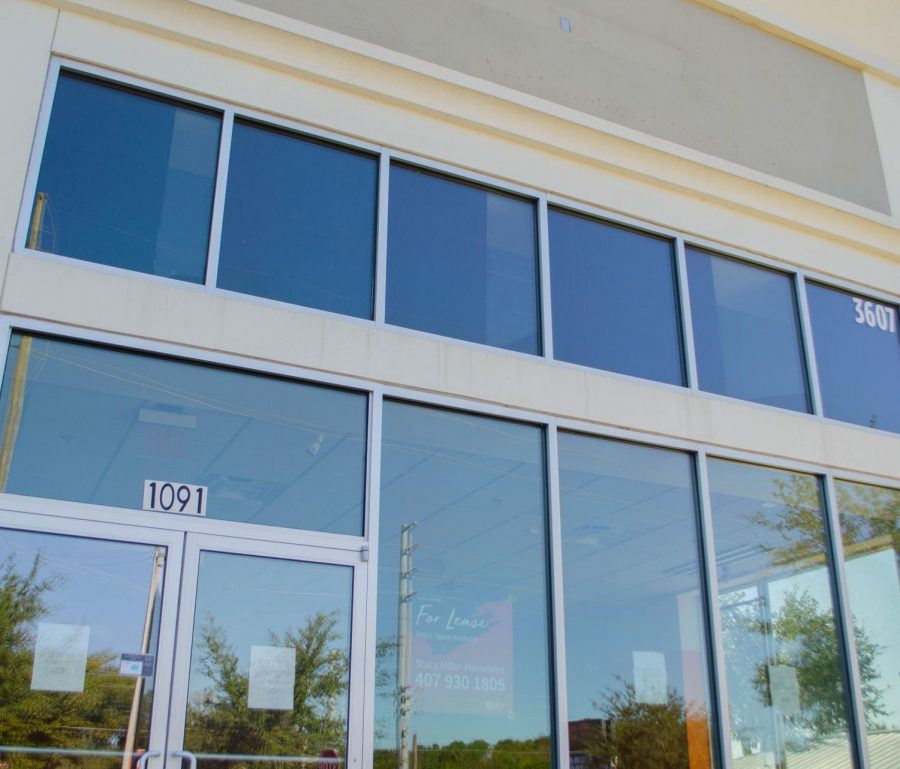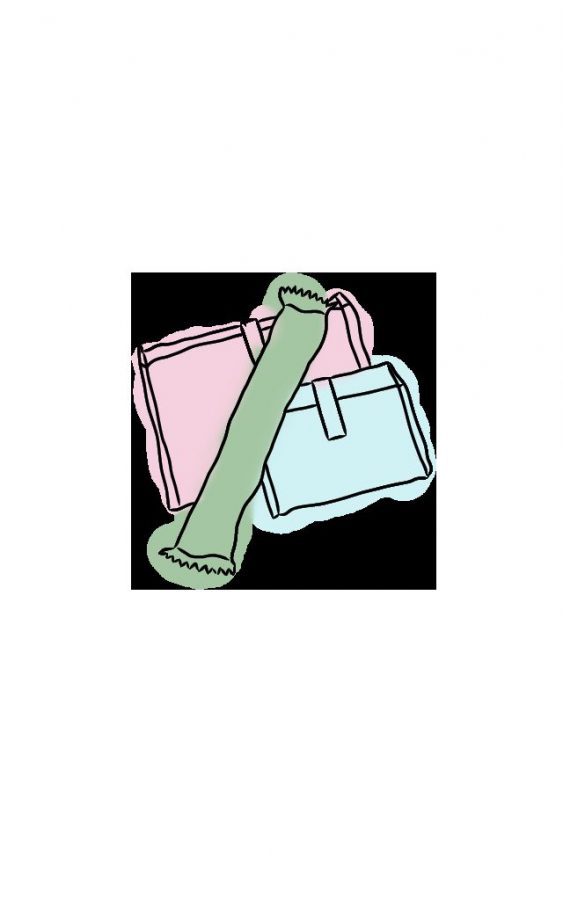As of October 3, 2020, 14,320 brick and mortar stores have been shut down and as many as 9,000 more are projected to close down according to Coresight Research. While major business retailers like JCPenney and Macy’s have already closed a portion of their stores, the choice for small businesses and brick and mortar stores isn’t that simple.
As of now, many customers have looked to online options as an alternative to their usual in-person activities.
“I’m still doing in-person shopping for groceries, but my online shopping has increased,” mathematics teacher Eric Schneider said.
During the pandemic, small businesses and local brick and mortar stores have struggled to stay afloat. But while restrictions on safety precautions for COVID-19 have fallen off and many non-essential businesses are allowed to re-open, small business and local brick and mortar stores have struggled to regain their customer base.
ClearOne Sports Centre, a small, local sports and recreational club in Orlando, exemplifies the recovering state of many small businesses today and the steps needed to be taken to regain their customer base.
“We kind of anticipated we needed to take these steps, even before [the official safety precautions] told us what to do,” Rob Bentley, co-owner of ClearOne Badminton Centre, said. “We needed to figure out what we needed to do when they gave us the green light, which wasn’t until mid-May.”
ClearOne prepared for the official ruling of non-essential businesses being allowed to reopen by getting a head start in installing necessary safety precautions and ruling. They needed to come up with a plan that reduced the amount of social contact customers had while playing.
“We changed our drop-in policy where instead of anybody being allowed to show up, we can control the number of people who are coming through a signup [on our website],” Bentley said.
Customers have found the sanitary options these businesses provide to add to the security of getting their everyday needs.
“The precautions make going to stores a lot more safe, and it adds another incentive for me to go,” sophomore Ramy Asfoor said.
Small businesses have also looked to social media and networking as a means of regaining their customer base.
“We’ve been posting a lot on Facebook and Instagram as well as sending out campaigns through email and text, letting them know what we are doing,” Bentley said. “We also updated our website to show them the things that we did when reopening [that had] to do with COVID-19 and the steps that have been taken.”
But returning to normal occupancy for these businesses seems to be a process that’ll take some time. Bentley suspects that ClearOne will return to its normal state by summer of next year but ultimately, it comes down to the handling of the virus.
“I think that what they need to see that at the very least, things are under control,” Bentley said. “Once people get their lives back to normal, they’ll start doing their normal routines.”
Though, the future seems bright for these small businesses and local brick and mortar stores as many customers seek to return.
“As the pandemic gets better, I think we’ll go out and have more in-person activities more and more, unless it gets worse,” Asfoor said.
While the pandemic has brought many local businesses under a tremendous amount of pressure, many are determined to keep their doors open and many customers are willing to return.
“There will always be a human dimension to commerce,” Ben Voyer, a behavioral scientist and professor at ESCP Business School told BusinessBecause in July, “And that means there will always be a level of demand for bricks-and-mortar [and small businesses].”




















